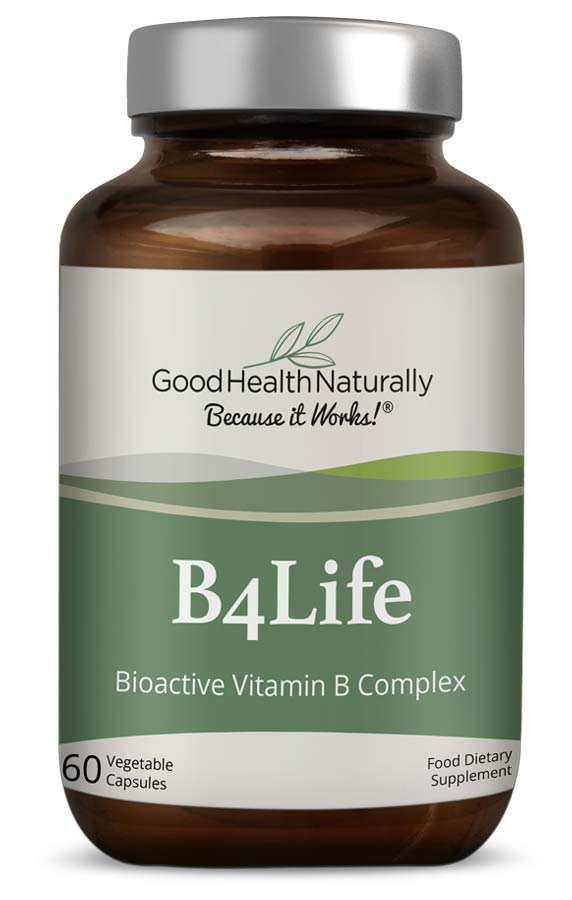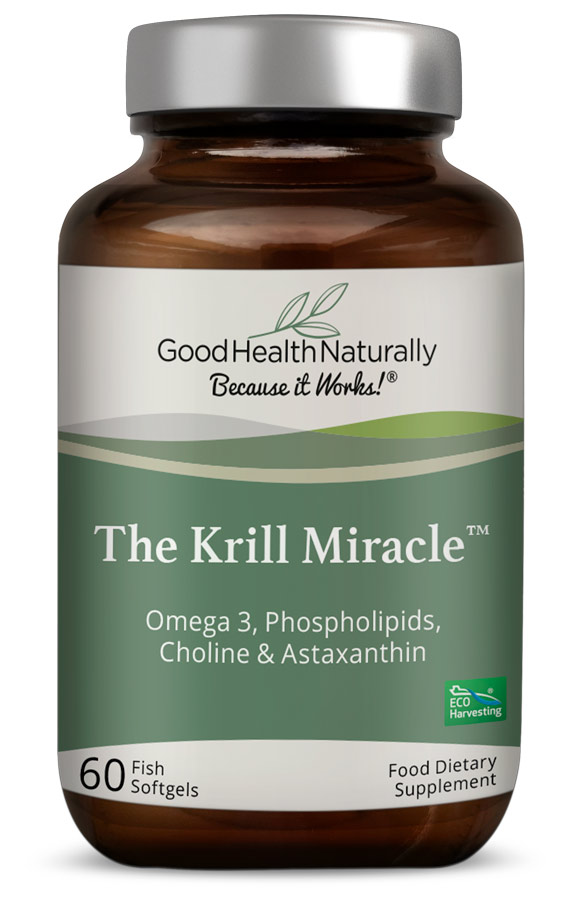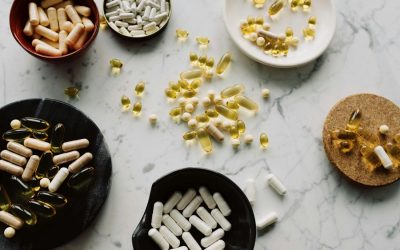Homocysteine is an amino acid produced when proteins are broken down in the body. If levels in the blood become too high, it can be a risk factor for heart disease, stroke and cognitive decline. But don’t worry, there is plenty that can be done through diet, lifestyle changes and supplements to help lower homocysteine levels naturally and protect your health.
Understanding Homocysteine and Methylation
Methylation is an important chemical process. It occurs more than a billion times a second and happens in every single cell of the body. The methylation cycle is involved in all kinds of processes, from switching on genes to synthesising neurotransmitters, hormones, cell membrane structures and immune cells.
Homocysteine is produced as part of this cycle. Under normal circumstances, it is recycled into the amino acids methionine and cysteine. These processes require B vitamins, specifically B6, B12, folate and choline as cofactors. A build-up of homocysteine in the body signals a failure somewhere along this important process, usually due to the lack of these B vitamins. Other factors which have been linked to the build-up include poor diet and lifestyle habits like smoking, high alcohol intake, prescription drugs and poor thyroid function. Some rare genetic conditions can cause the absence of a certain enzyme involved in homocysteine metabolism.
High Homocysteine
Elevated levels of blood homocysteine are being recognised as a risk factor for several conditions such as cardiovascular disease, dementia and declining memory, poor concentration, fatigue, migraines and lower mood. In addition, women with high homocysteine levels may find it harder to conceive and are at risk of early miscarriage. Conditions such as diabetes and osteoporosis have also been associated with raised homocysteine levels.
Given all these potential risks, you can see why finding ways to help lower homocysteine levels naturally is crucial for long-term health.
Increase Your B Vitamins
The complex metabolism of homocysteine is highly dependent on vitamin B12, folate and vitamin B6. So, it should come as no surprise ensuring there is a sufficient intake of these three can be an effective way to help lower homocysteine levels naturally.
A diet rich in fruits, vegetables, whole grains, lean proteins, and healthy fats can ensure you are getting plenty of these nutrients. In particular green, leafy vegetables like spinach, broccoli, asparagus and, Brussels sprouts, and chickpeas and lentils are particularly high in folate. Good sources of B6 include meat, pistachio nuts, pinto beans, avocado, sunflower and sesame seeds.
B12 can be a little trickier as it is mainly found in animal products such as meat, fish, eggs, and dairy. Vegans and vegetarians may need to consider supplements to meet their needs.
Gut health is important, too. When it comes to B vitamins, low stomach acid and malabsorption can lead to low levels. Older adults are more susceptible to having lower B vitamin levels and high homocysteine due to the B vitamins not being effectively absorbed through the diet.
Those on strict vegetarian and vegan diets are also more likely to have high levels of homocysteine due to the lack of essential B vitamins.
One study suggested supplementing with folate, vitamin B6 and the methylcobalamin form of B12 helped the remethylation pathway to regain its normal activity.
Healthy Fats and Choline
Omega-3 fatty acids, found in oily fish like salmon and mackerel, flaxseeds, and walnuts, have anti-inflammatory properties that may help reduce cardiovascular disease risk, especially in those with elevated homocysteine levels. It is also hypothesised that the homocysteine-lowering effect of B vitamins is greater with omega-3 fatty acids.
Choline is an essential nutrient found in foods like eggs, liver, and fish. It plays a pivotal role in brain development and memory and is also crucial in the process of methylation. While we can synthesise small amounts, it is insufficient to support health. So, we need to make sure we are getting plenty in the diet. Choline supplementation is also being investigated as a potential way to help lower homocysteine levels naturally for some people.
Cut back on Coffee, Avoid Smoking and Excessive Alcohol Consumption
Coffee is a complex mixture of chemicals. In addition to caffeine, it contains several phytochemicals which can influence human health. Higher coffee intake has been associated with elevated blood homocysteine. Randomised controlled trials have confirmed intakes of about four cups/day raise homocysteine levels. It is generally advised to drink no more than two to three cups a day maximum.
Smoking and excessive alcohol intake can deplete B vitamins which can lead to elevated homocysteine levels. Smoking and tobacco smoke contain harmful chemicals which can deplete folate and other B vitamins. Excessive alcohol can interfere with the absorption of B vitamins, especially folate and B6. Limiting alcohol consumption to one drink a day for women and up to two drinks per day for men is advisable to help lower homocysteine levels naturally.
Manage Stress
Chronic and high levels of stress can deplete B vitamins. When we are stressed, we produce high levels of cortisol, which can interfere with the metabolism of B vitamins. Therefore, it is essential to find ways to manage stress. Practices like mindfulness and meditation can help reduce cortisol levels, which may help to help lower homocysteine levels naturally.
Poor sleep is often a side effect of stress, and this can make everything worse, increasing stress and inflammation and potentially raising homocysteine levels. Aim for seven to nine hours of quality sleep each night.
Monitoring Homocysteine Levels
A simple blood test can measure homocysteine levels, and your healthcare provider can help you interpret the results and recommend appropriate interventions.
Maintaining balanced homocysteine levels is crucial for cardiovascular and cognitive health and overall well-being. It is possible to lower homocysteine levels naturally by adopting a diet rich in B vitamins, choline and omega-3 fatty acids, managing stress and making other healthy lifestyle choices. If needed, supplements can also help, especially for those with specific dietary restrictions. Always consult with a healthcare professional before starting any new supplements to ensure they are appropriate for your individual needs.
References:
https://www.ncbi.nlm.nih.gov/pmc/articles/PMC7072208/
https://www.sciencedirect.com/science/article/abs/pii/S0271531716300161
https://pubmed.ncbi.nlm.nih.gov/16002808/
https://pubmed.ncbi.nlm.nih.gov/11981084






